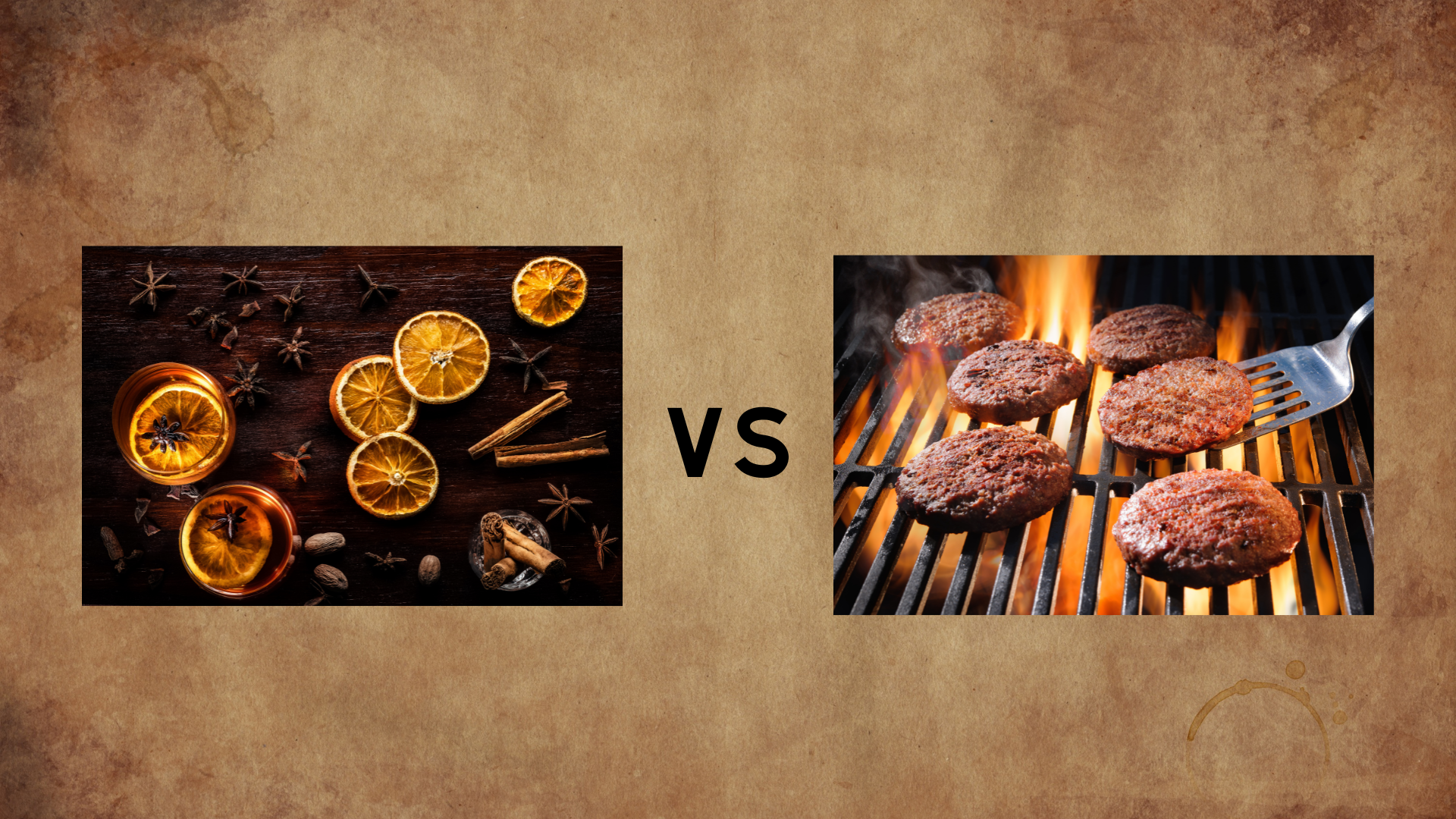The Carnivore Diet and Vitamin C Deficiency
The carnivore diet is a dietary regimen that restricts food intake to animal products, primarily meat, and animal-derived products, while excluding plant-based foods. Advocates of the carnivore diet (I am one of them) claim that it provides numerous health benefits, such as weight loss, improved mental clarity, and relief from various health conditions. One common concern with diets that exclude plant foods, like the carnivore diet, is the potential risk of vitamin and nutrient deficiencies, including vitamin C. A well-rounded carnivore diet, including fatty meat and organs, should contain all of the nutrients we require. However, it is important to understand why people on a carnivore diet that includes organ meat should not need to worry about their vitamin C status.
Vitamin C, also known as ascorbic acid, is an essential water-soluble vitamin that plays a crucial role in various bodily functions. It is crucial for collagen synthesis, antioxidant properties, its role in supporting the immune system, promoting skin health, and aiding in the absorption of non-heme iron from plant-based foods. In the context of a typical diet, vitamin C is primarily obtained from fruits and vegetables, with citrus fruits, strawberries, and bell peppers being some of the most well-known sources. 1
In a standard diet, the recommended daily intake of vitamin C is around 75-90 milligrams for adults, depending on various factors like age, sex, and life stage. 2 Additionally, a widely held misconception is that animal-based foods contain no vitamin C. On the carnivore diet, individuals consume no or very limited amounts of plant-based foods, which naturally leads to the question of whether they can obtain enough vitamin C to meet their daily needs.
Surprisingly, individuals on the carnivore diet may not need to worry about their vitamin C status for several reasons:
Carnivore Diets Provides Vitamin C: Contrary to popular belief, animal products do contain vitamin C. For instance, organ meats, especially liver, are relatively rich in vitamin C. 3 This small contribution from animal sources is sufficient for most individuals on the carnivore diet to meet their vitamin C requirements.
Vitamin C Requirements May Be Lower on a Zero-carb Diet (carnivore)
Some proponents of the carnivore diet argue that the vitamin C requirements of the body may decrease when carbohydrate intake is significantly reduced because glucose and vitamin C compete for the same receptor. 4 Therefore, our standard Western diets high in processed carbohydrates compete with vitamin C, which may lead to the need for much more vitamin C than for individuals on zero carbohydrate diets. They also suggest that vitamin C is needed in higher amounts to counteract oxidative stress caused by carbohydrates, and when carbohydrates are nearly eliminated from the diet, less vitamin C is required for this purpose. Lastly, low-protein diets, typical of Westerners, require higher amounts of vitamin C for building collagen, the dominant protein in the human body. Eating meat in sufficient quantities negates the need to make collagen, decreasing our need for vitamin C. 5
Inuit and Ice-age Carnivore Adaptation
Human beings have evolved to adapt to a variety of diets. Some proponents of the carnivore diet argue that the human body can adapt to obtaining essential nutrients, including vitamin C, from animal sources alone. The traditional Inuits had no scurvy (vitamin C deficiency) and ate almost no plant-based food. Most importantly, ice-age Neanderthals were determined to be high-level carnivores, and many modern humans were rated as higher than the Neanderthals. 6
Minimal Risk of Scurvy
Scurvy is a condition caused by severe and prolonged vitamin C deficiency characterized by symptoms such as fatigue, weakness, and gum disease. While scurvy is a valid concern for individuals with extremely low vitamin C intake, it is rare in individuals on the carnivore diet because of the small amounts of vitamin C present in animal foods. 7 Moreover, the vast majority of proponents of the diet argue that they do not experience scurvy symptoms despite their limited vitamin C intake. One well-conducted study of people on the carnivore diet could lead to a lower RDA for vitamin C. Vilhjalmur Stefansson spent eleven years in the Arctic, nine of which he ate almost exclusively meat, as did the Inuits that he accompanied. He only witnessed three cases of scurvy, which happened to individuals eating canned food and very little meat. The scurvy disappeared by introducing meat back into the diet. Fresh meat does, in fact, contain vitamin C, contrary to what the USDA database says. Where there is collagen, there is bound vitamin C. Liver contains even higher amounts of ascorbic acid. 8
Stefansson and one of his crew were subjects at Bellevue Hospital, where they ate a meat-only diet. After 375 days, they were examined and suffered no ill health consequences, leaving a strong impression that a zero-carb fresh meat-based diet does not lead to scurvy.
In addition, a 2021 paper with 2029 subjects on the carnivore diet concluded that "Contrary to common expectations, adults consuming a carnivore diet experienced few adverse effects and instead reported health benefits and high satisfaction."
In conclusion, people on the carnivore diet may not need to worry about their vitamin C status for several reasons, including the small amounts of vitamin C found in animal products, potential adaptations in the body's requirements, and the minimal risk of scurvy. It is important to consume fresh meat, as cured meat loses its vitamin C. Consulting with a healthcare professional or nutritionist is advisable before embarking on any restrictive diet to ensure one's nutritional needs are adequately met, and potential deficiencies are addressed through appropriate dietary choices or supplementation. For more of my posts on the carnivore diet, click here.




